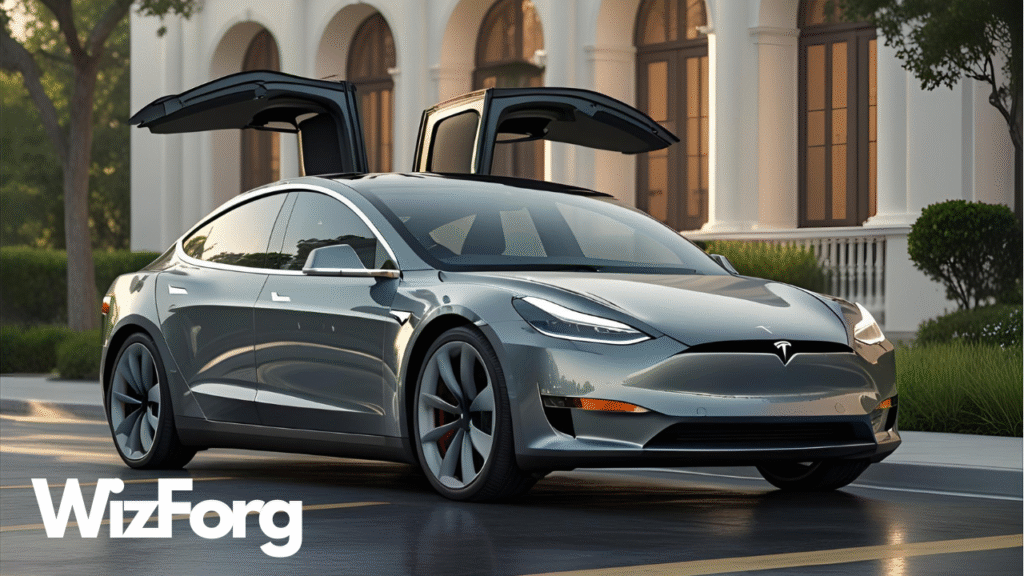It’s a situation that might leave you feeling a sense of injustice if you’ve ever tried to walk into a Tesla store in a certain U.S. state and buy a car. Despite Tesla’s dominance in electric vehicles, some states won’t let you purchase one directly. That’s because minor-seeming laws protect traditional dealerships and limit consumer choice.
Dealer Franchise Laws Block Tesla
Since the 1930s, many states have passed franchise laws to prevent automakers from competing directly with independent dealers. These laws require new cars sold through licensed dealerships, not factory-owned showrooms. Tesla rejects this model and runs into roadblocks in states like Connecticut, Wisconsin, Alabama, South Carolina, and Louisiana (blog.ucs.org, en.wikipedia.org).
Wisconsin prohibits carmakers, including Tesla, from selling directly to consumers (wisconsinwatch.org). Similar restrictions exist in Texas, West Virginia, and Kansas, allowing Tesla to open a store or service center.
Tesla, Rivian, and Other Electric Vehicles Clash with Outdated Rules
EV startups like Tesla and Rivian depend on direct sales. They set prices online, pay sales staff salaries instead of commissions, and let consumers test-drive at galleries or online (finance.yahoo.com). But without franchise dealers, their model breaks state law, blocking in-person purchases.
Creative Workarounds: Tribal Land & Online Ordering
Tesla has found innovative loopholes:
- In Connecticut and New Mexico, outlets opened on tribal land, which doesn’t fall under state franchise laws (finance.yahoo.com, teslarati.com).
- In states like Texas, purchases happen online; the physical showroom can’t close a sale.
These clever approaches preserve Tesla’s plasma screen showroom while avoiding legal violations.
Ongoing Legal Battles
Tesla’s resilience shines through as it continues to challenge these laws. In Wisconsin, it recently sued to open permanent retail locations (notateslaapp.com, the-sun.com). In several states, including Louisiana and New York, lawmakers are debating or enforcing bans on Tesla’s direct-sales model (politico.com). These laws were originally meant to regulate internal combustion carmakers, but EVs like Tesla are stuck under outdated rules.
What This Means for Consumers
- Expect online ordering in a Tesla gallery or driving to a nearby state without restrictions.
- Check availability before travel. States might allow service but not sales.
- Understand that the system attempts to protect dealerships sometimes at the expense of newer, cleaner alternatives.
Final Word
Tesla’s direct-to-consumer sales model clashes with franchise laws in many states. Through lawsuits, legislative action, and creative workarounds like tribal partnerships and online purchases, Tesla is slowly winning more ground for consumers.
Are you curious about how laws shape technology, travel, and consumer experience?
Explore deeper stories at Wizforg and stay updated on this ongoing EV saga.
Do you have thoughts or a state-specific story?
Leave a comment, share this article, and subscribe for more content that illuminates modern industry challenges.



